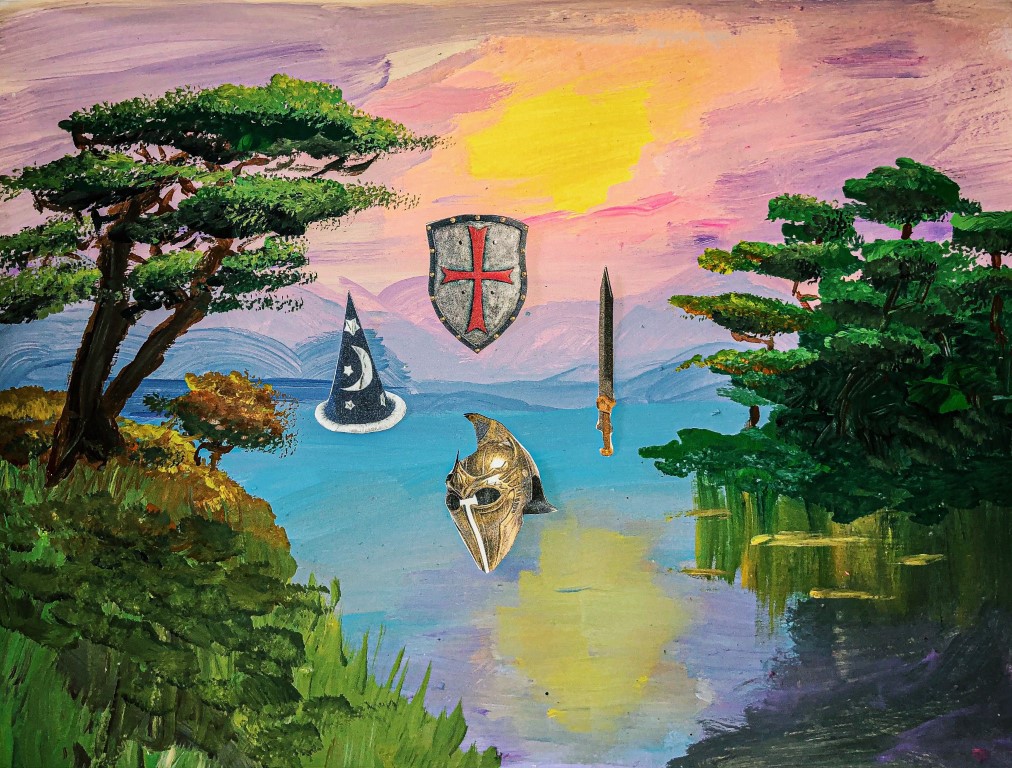
Breaking down the various playable classes in D&D
By Jacey Gibb, Distribution Manager
Welcome to Dinguses and Dragons, a weekly column aiming at demystifying and introducing the game of D&D to new and potential players
Last week we dissected what made the various playable races in Dungeons & Dragons unique. This week we’re breaking down another major decision you’ll make when creating a character: choosing their “class.” Think of it as picking a career and accompanying skillset. A player’s class will have a huge impact on how they play the game, so let’s jump into it:
Barbarian: the beefiest class around, barbarians have the potential for the most health and get the invaluable “Rage” option, where all non-magical damage dealt to them is halved.
Cleric: often dubbed as the “healer” of a group, clerics are also great at buffing up other party members. A downside to playing as a cleric is you might get stuck healing everyone else rather than doing your own thing.
Bard: musicians who aid the party using spells, healing, and giving “Bardic Inspiration” to other players. Bard’s are great for supporting the group but don’t do well in direct combat.
Monk: masters of their fists, monks specialize in close-combat and use “Ki points” to unleash special abilities, including different attacks.
Fighter: similar to barbarians, fighters are good at one thing and one thing only. Starting at level five they get two attacks per turn and get lots of combat-based abilities like “Second Wind” and “Indominable.”
Druid: similar to bards in that they support more than they engage in combat. Some druids also get the amazing “Conjure Animals” spell at level five, which can lead to all sorts of shenanigans.
Rogue: stealth’s the name of the game for rogues. Rogues also get the devastating “Sneak Attack” ability, where they can deal extra damage as long as an ally is nearby.
Ranger: this class can do a surprising amount of damage, especially with their double attack and revered “Hunter’s Mark” ability. You also get “Natural Explorer,” which gives you a ton of bonuses for when you’re in your favoured terrain.
Paladin: the best of two worlds (fighter and cleric), paladins are hearty warriors as well as healers. They’re often seen as the more virtuous class, though fallen paladins also exist.
Wizard: wizards and the next two are all spellcasters, but a major difference is how they came to possess magic. Wizards are individuals who had to study magic before they could cast it. In gameplay, you can prepare different spells for each session.
Sorcerer: similar to wizards, except sorcerers are born magical and with the ability to cast spells. You also get allotted “sorcery points” which help to recover used spell slots.
Warlock: unlike sorcerers or wizards, warlocks receive their abilities from a deal they’ve made with a higher power. At level three, warlocks also choose a “Pact Boon,” which gives you a familiar, a weapon, or a spellbook.
Other homebrews available online: homebrew refers to when someone creates their own variation or iteration. Search “homebrew dnd classes” and you’ll get a bunch of hits, including scholar, gunslinger, dragon knight, and anything else you could think of.

